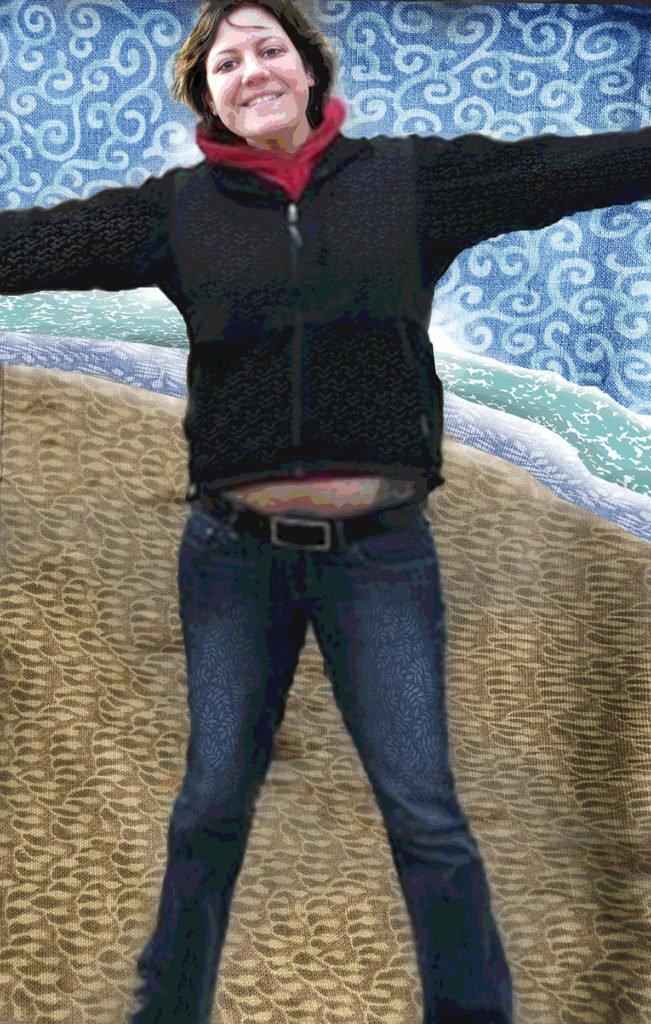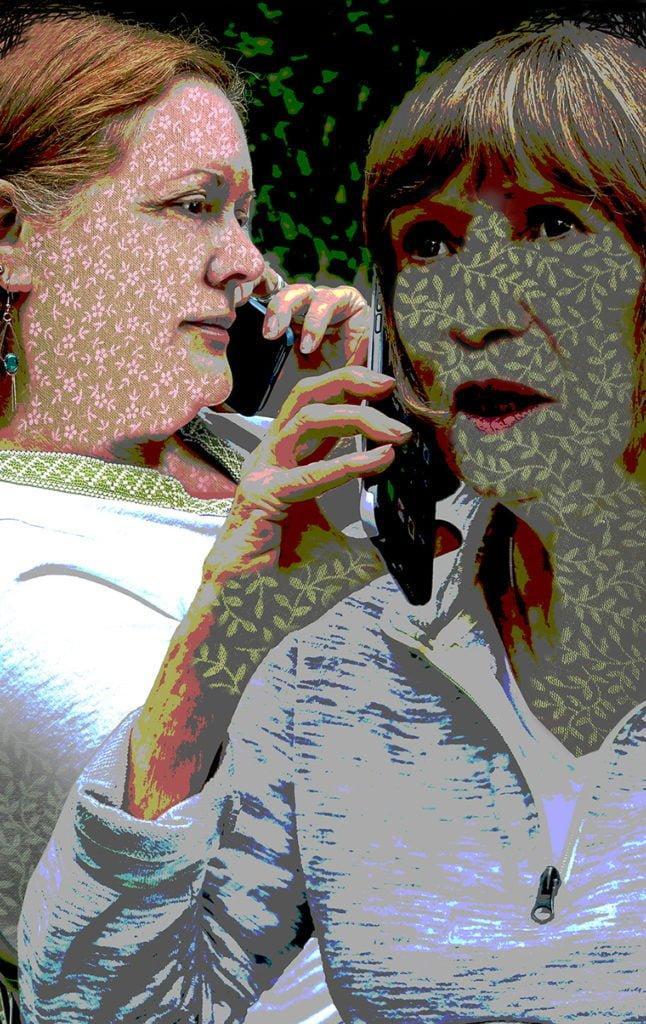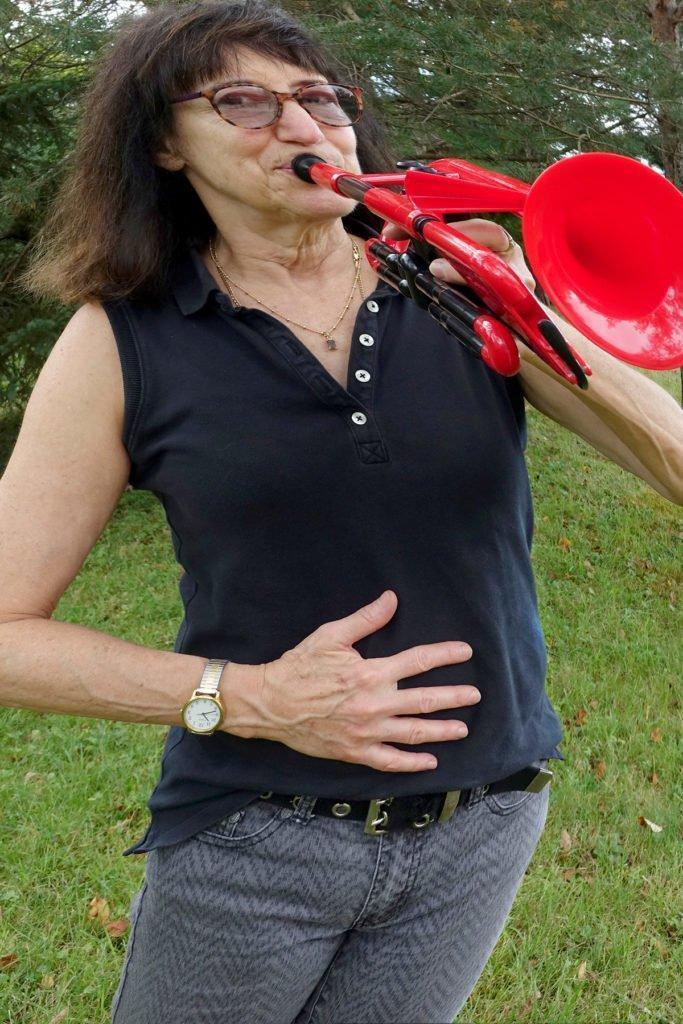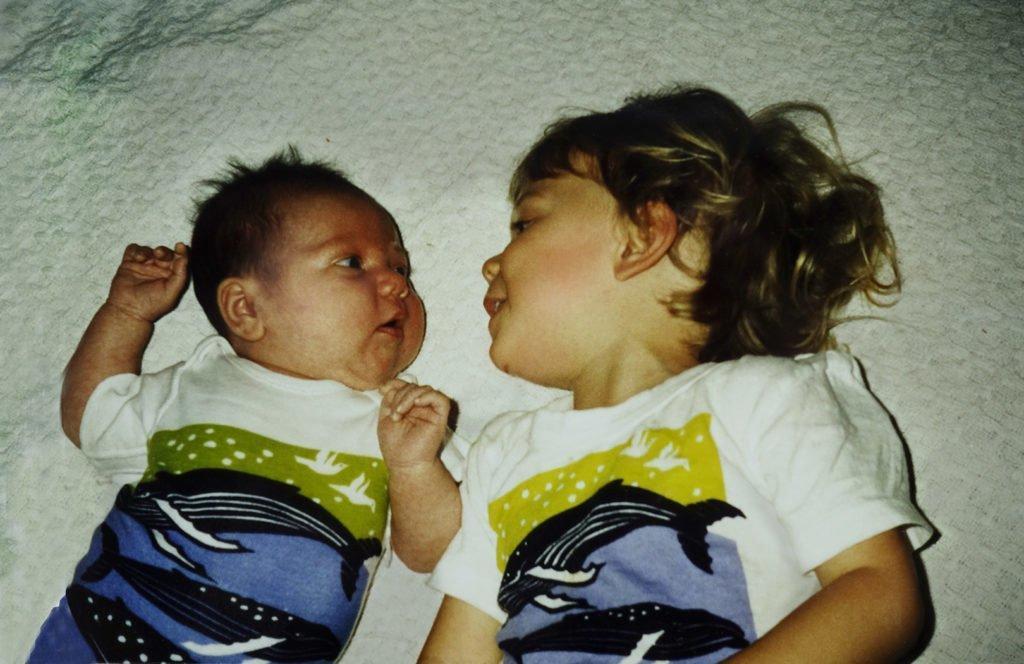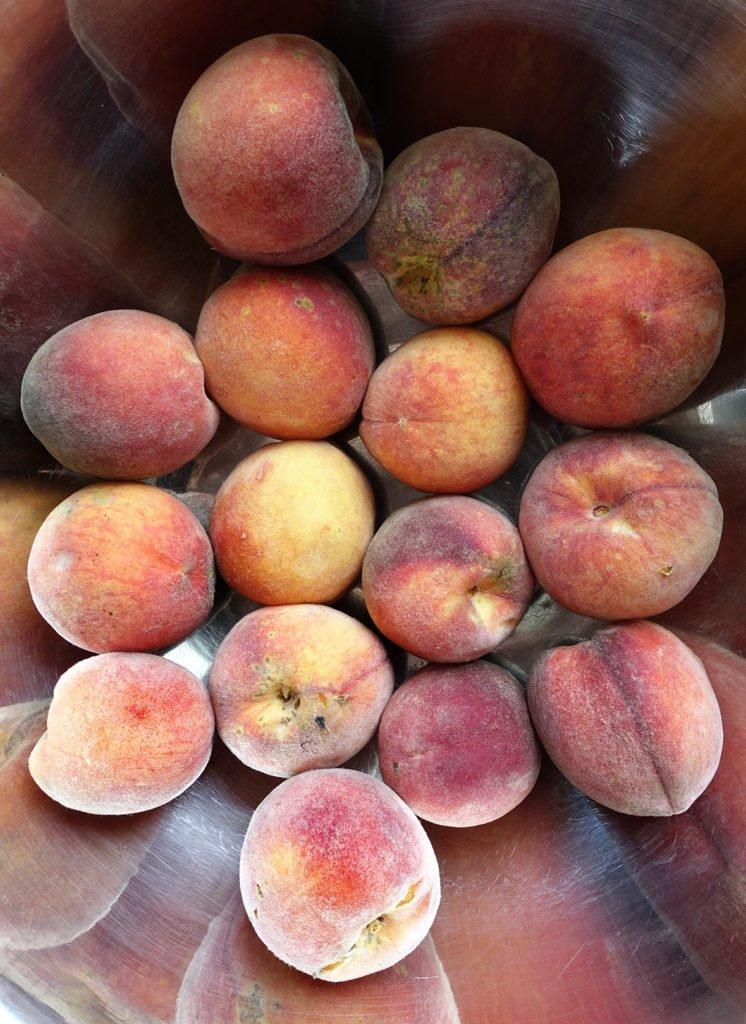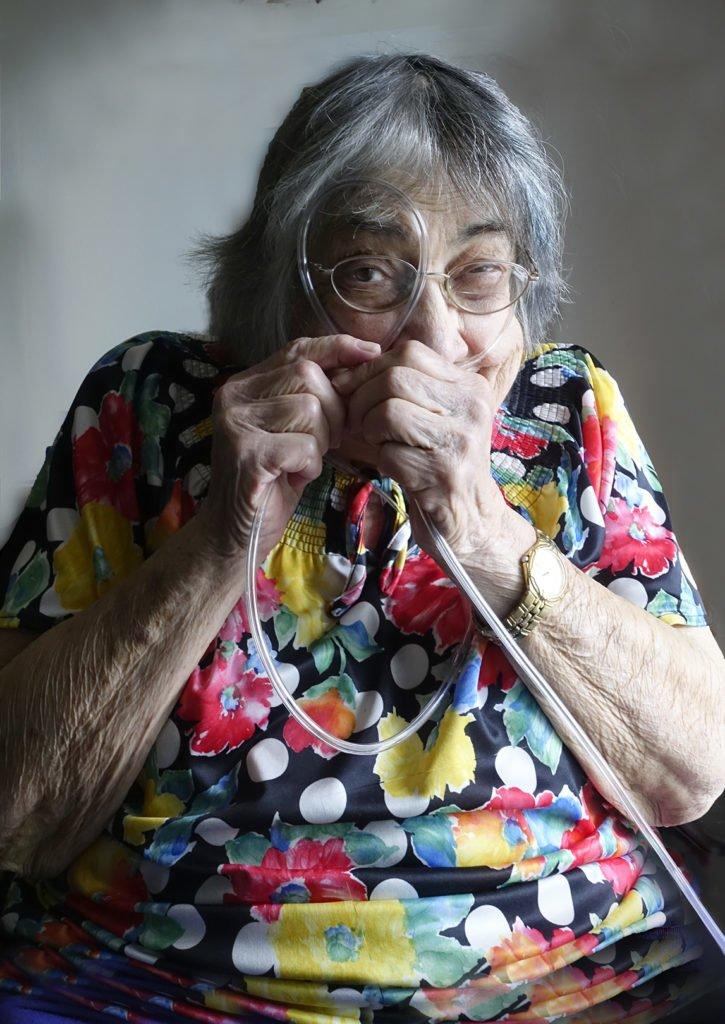 Over the past few years I was called to my friend Annette’s deathbed a couple of different times. The hospital is just a short drive from my house, so I kept her company during many emergency room visits. If she got admitted for an extended stay, I’d merrily come and go twice daily, delighted to have her in my neighborhood. When we spoke about dying, she joked. She twisted her oxygen tube into a noose around her neck. Then she shaped it into an angel’s halo and held it over her head. She got me laughing ‘til I was short of breath myself. My friend for over thirty years. She made me feel adventurous and indestructible, like we could go on forever outwitting the angel of death.
Over the past few years I was called to my friend Annette’s deathbed a couple of different times. The hospital is just a short drive from my house, so I kept her company during many emergency room visits. If she got admitted for an extended stay, I’d merrily come and go twice daily, delighted to have her in my neighborhood. When we spoke about dying, she joked. She twisted her oxygen tube into a noose around her neck. Then she shaped it into an angel’s halo and held it over her head. She got me laughing ‘til I was short of breath myself. My friend for over thirty years. She made me feel adventurous and indestructible, like we could go on forever outwitting the angel of death.
And we did. For a while, she always bounced back. As per her request, I’d fetch steamed lobsters and double-chocolate-chip muffins from Wegmans, to celebrate the victory.
Not this time.
Annette died. And, since I wasn’t with her, since I didn’t get to see her ever-lively self in a lifeless state, I’m left trying to convince myself she’s no longer just across town or only a phone call away. She’s gone, I have to keep reminding myself. No more wild road trips wondering if the oxygen tank would last. No more silly antics during the most solemn moments. No more photo-shoots where she’d literally bend over backwards to give me a great shot. I’m just beginning to realize all the ways I will miss her.
Grief is grief. The pain and suffering when a loved one dies cannot be measured or scored. That’s what I tell people who try to compare one person’s loss to another’s. When a friend dies, you cannot simply assume their pain is less than that of someone losing a spouse of sixty years, or losing three children rather than one, losing a beloved parent, or a long-awaited infant who dies at birth…. Someone’s misery is always perceived to be greater or less than someone else’s. Having experienced losses of a parent, a child, and friends, I believe each is painful in its own way. Each loss is different. Un-comparable. For me, now, in considering my losses without weighing one against another, I would say:
When you lose a child it’s like losing a limb or a vital organ. But when you lose a good friend, you lose some deep-rooted, invisible, remarkable, un-nameable thing that allowed your spirit to soar.
Who was the friend whose death broke your heart? How do you honor the memory of a good friend?
Please Share on your Social Media